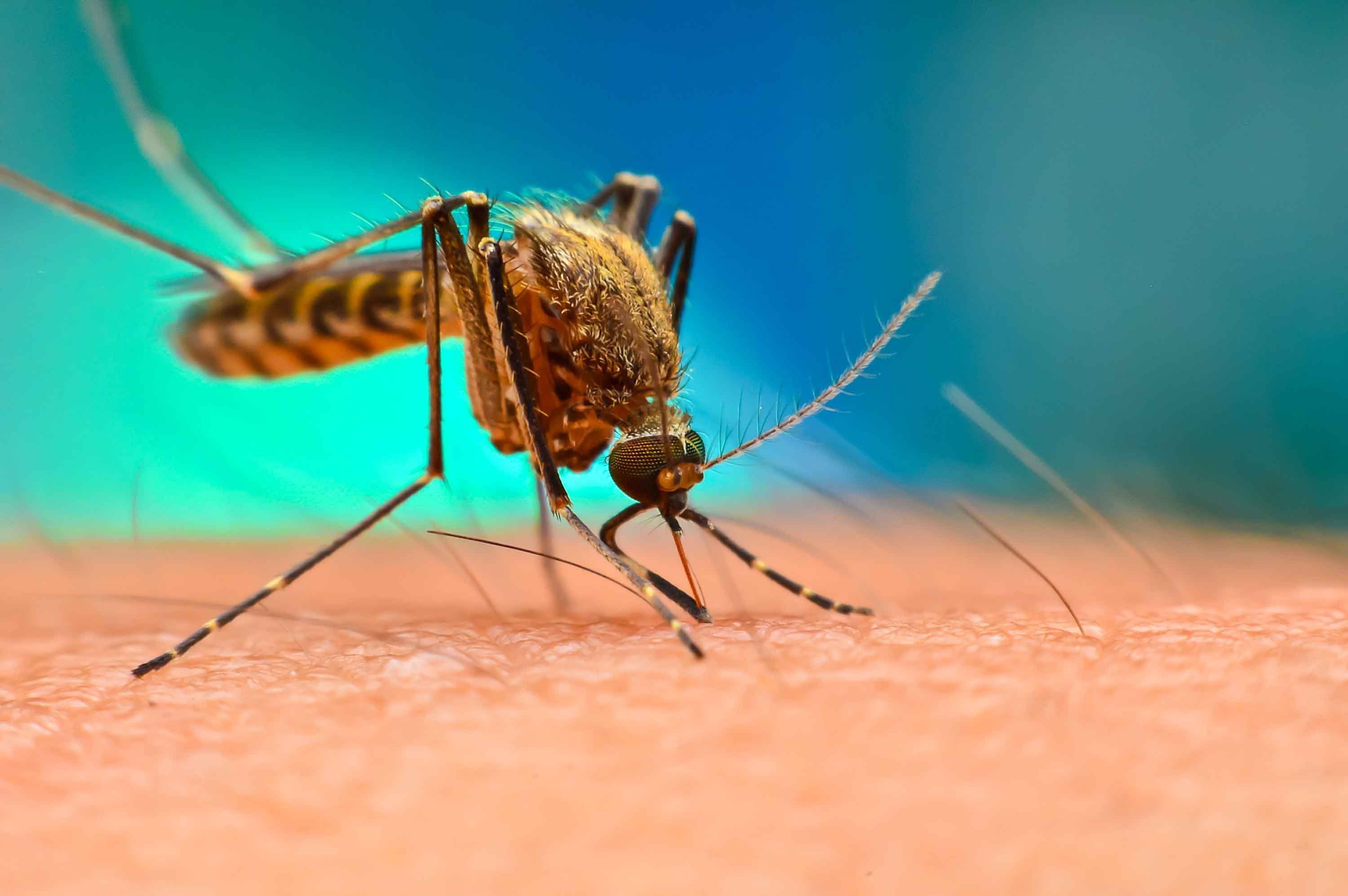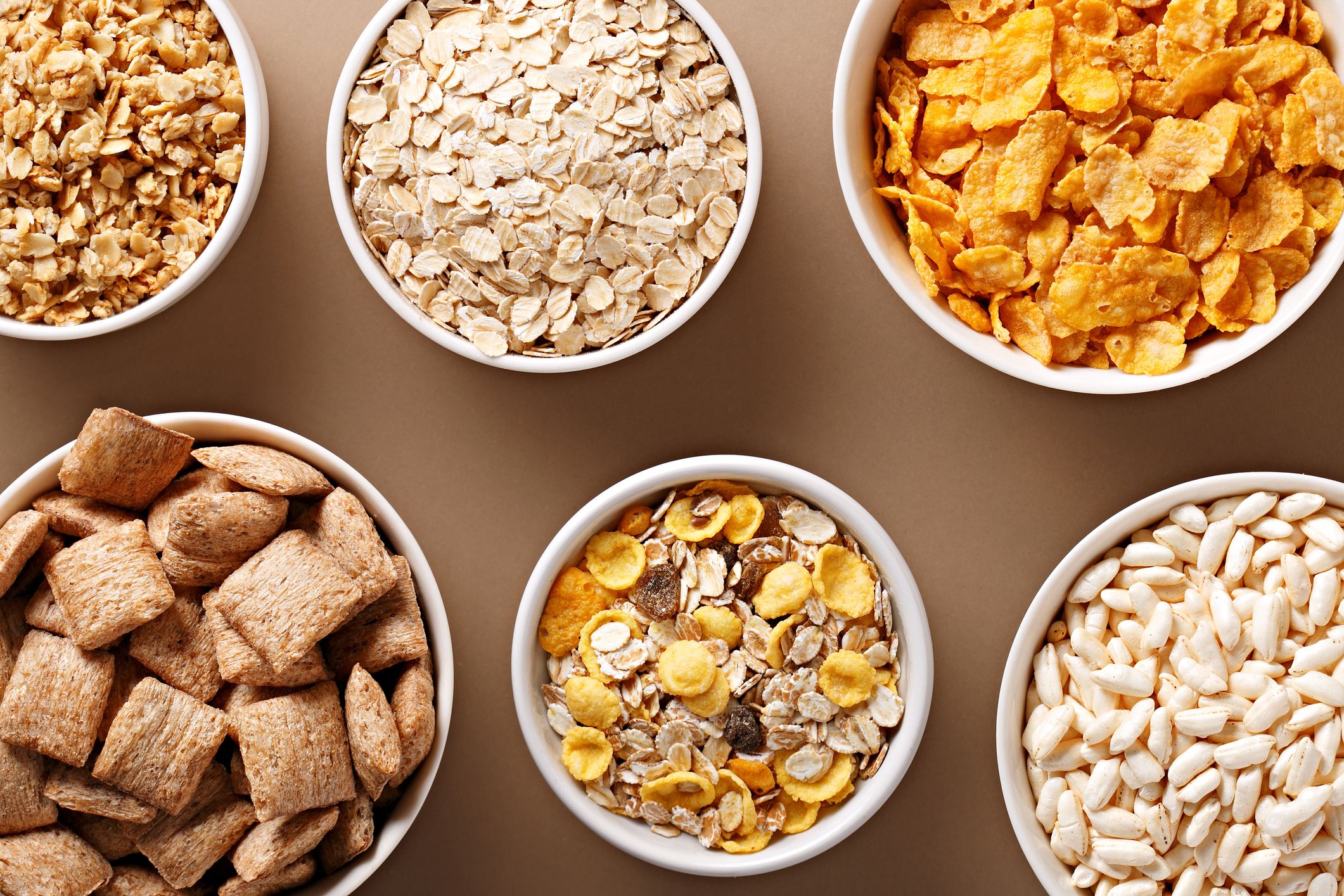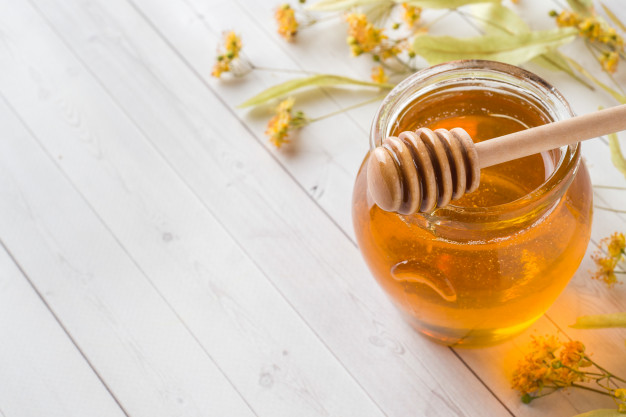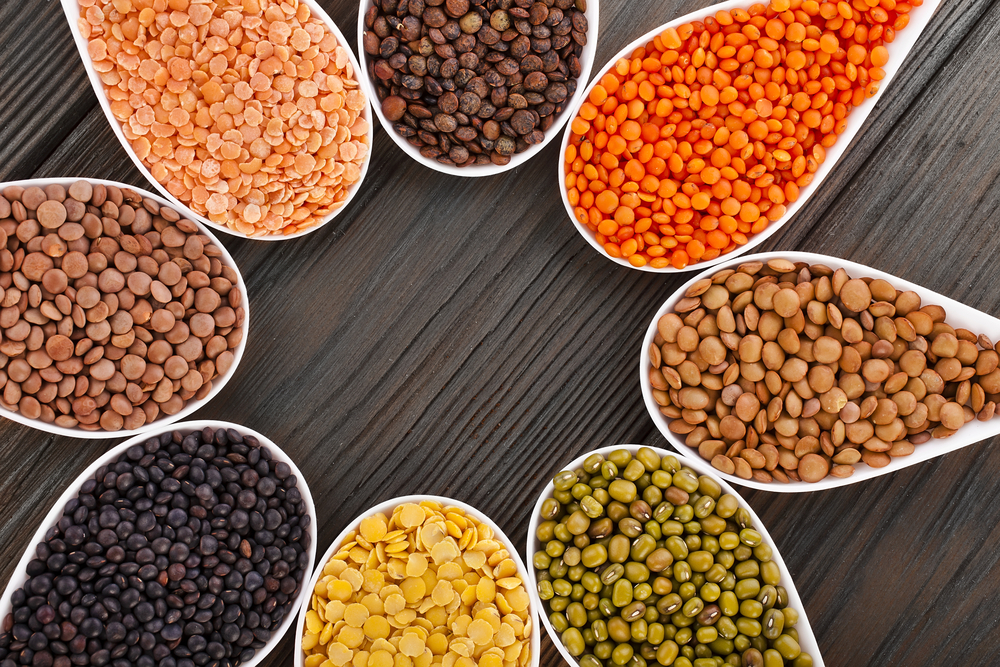Malaria

OVERVIEW
Malaria is a parasitic disease caused by Plasmodium species, which is spread when a female Anopheles mosquito feeds on an infected person' s blood, gets the parasites which matures in the mosquito and later deposited via saliva when the mosquito visits an uninfected person for another blood meal
Type of malaria
- Plasmodium falciparum (or P. falciparum)
- Plasmodium malariae (or P. malariae)
- Plasmodium vivax (or P. vivax)
- Plasmodium ovale (or P. ovale)
- Plasmodium knowlesi (or P. knowlesi)
Five species of Plasmodium (single celled parasites) can infect humans and cause illness:
SYMPTOMS
- A high temperature of 38C or above
- Feeling hot and shivery
- Headaches
- Vomiting
- Muscle pains
- Diarrhoea
- Generally feeling unwell
Symptoms usually appear 10-15 days after being infected.(depend upon parasite you are infected with.)
The initial symptoms of malaria are flu-like and include:
These symptoms are often mild and can sometimes be difficult to identify as malaria.
With some types of malaria, the symptoms occur in 48-hour cycles.
These symptoms are often mild and can sometimes be difficult to identify as malaria.
With some types of malaria, the symptoms occur in 48-hour cycles.
CAUSES
- Plasmodium vivax,
- Plasmodium ovale,
- Plasmodium malariae,
- Plasmodium falciparum
Malaria can occur if a mosquito infected with Plasmodium parasite bites you.
There are four kind of malaria parasite
Risk Factors:
Risk factors for malaria include low utilization of Insecticidal Treated bed Nets (ITNs), low utilization of Indoor Residual Spray (IRS), availability of multiple mosquito breeding sites or stagnant water sites near the home, and staying outdoors overnight [8–11].
PREVENTION
Avoiding risk factors and increasing protective factors may help prevent lung cancer.
- Covering your arms and legs.
- Using DEET mosquito repellent.
- Using mosquito net.
The following are risk factors for lung cancer:
1. Check the whether you’re at risk of getting malaria.
2. Avoid Mosquito bite by-
3. If you need prevention tablets then take the right antimalarial tablet at with right dose. And do finish the course.
4. If you show the any kind symptoms of malaria then take immediate medical advice. (including upto a year after you return from travelling.)
TREATMENT
- Which type of malaria parasite you have
- The severity of your symptoms
- Your age
- Whether you're pregnant
Malaria is treated with prescription drugs to kill the parasite. The types of drugs and the length of treatment will vary, depending on:
WHAT TO EAT
- Cereals
- Pulses
- Vegetables
- Fruits
- Milk
- milk products
- fish (stew)
- chicken (soup/stew)
- sugar
- honey


